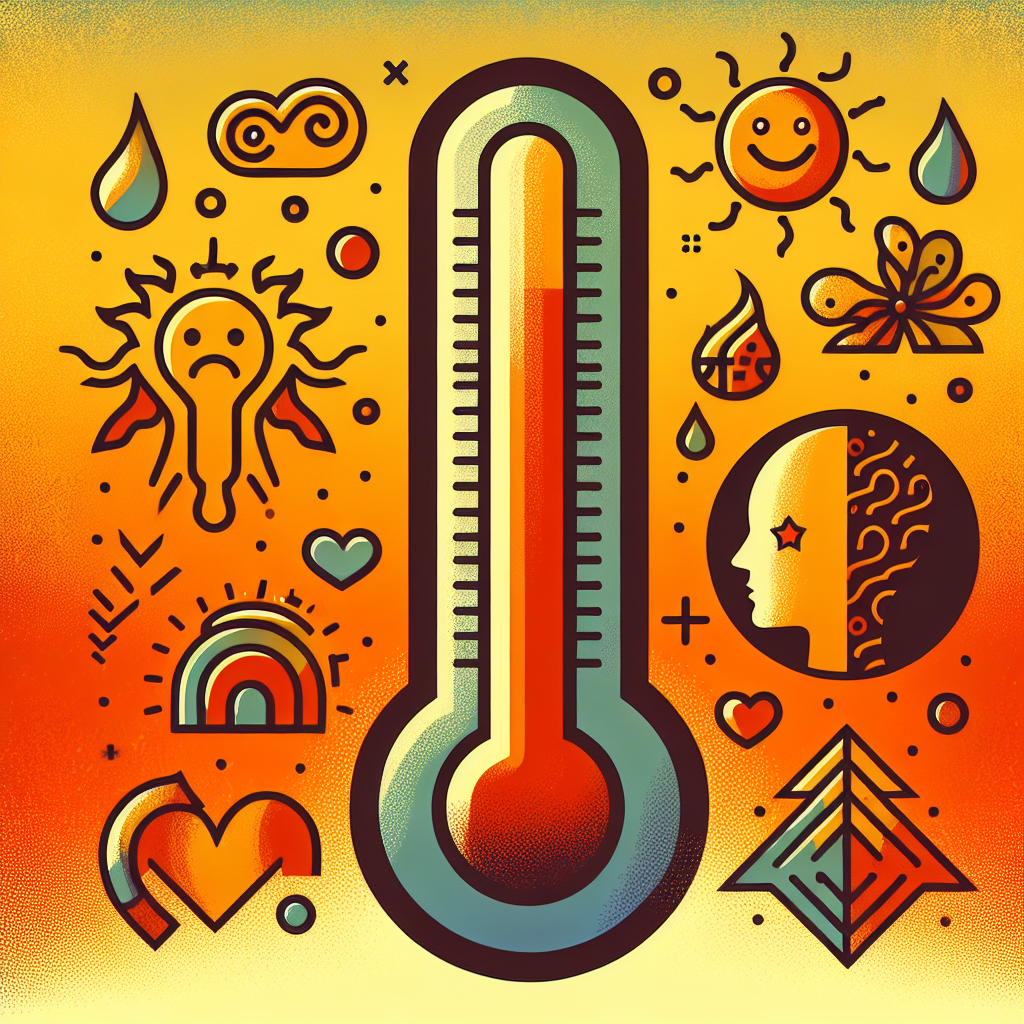Study Links Extreme Heat to Increased Risk of Schizophrenia and Depression
Study Links Extreme Heat to Increased Risk of Schizophrenia and Depression
Introduction
A recent study has unveiled a concerning connection between extreme heat and the heightened risk of mental health disorders, specifically schizophrenia and depression. This research highlights the broader implications of climate change on mental health, urging a reevaluation of public health strategies.
Key Findings
- Increased Risk: The study found that prolonged exposure to extreme heat is associated with a significant increase in the risk of developing schizophrenia and depression.
- Vulnerable Populations: Individuals with pre-existing mental health conditions and those in socioeconomically disadvantaged areas are particularly vulnerable.
- Geographical Impact: Regions experiencing frequent and intense heatwaves are more likely to see a rise in mental health issues.
Implications for Public Health
The findings suggest a need for public health systems to integrate climate considerations into mental health strategies. This includes:
- Developing heatwave response plans that address mental health needs.
- Increasing awareness and resources for mental health support during extreme weather events.
- Implementing community-based interventions to support vulnerable populations.
Conclusion
This study underscores the critical intersection between climate change and mental health. As global temperatures continue to rise, understanding and mitigating the mental health impacts of extreme heat will be essential. Policymakers and health professionals must collaborate to create resilient systems that protect mental well-being in the face of climate challenges.

































